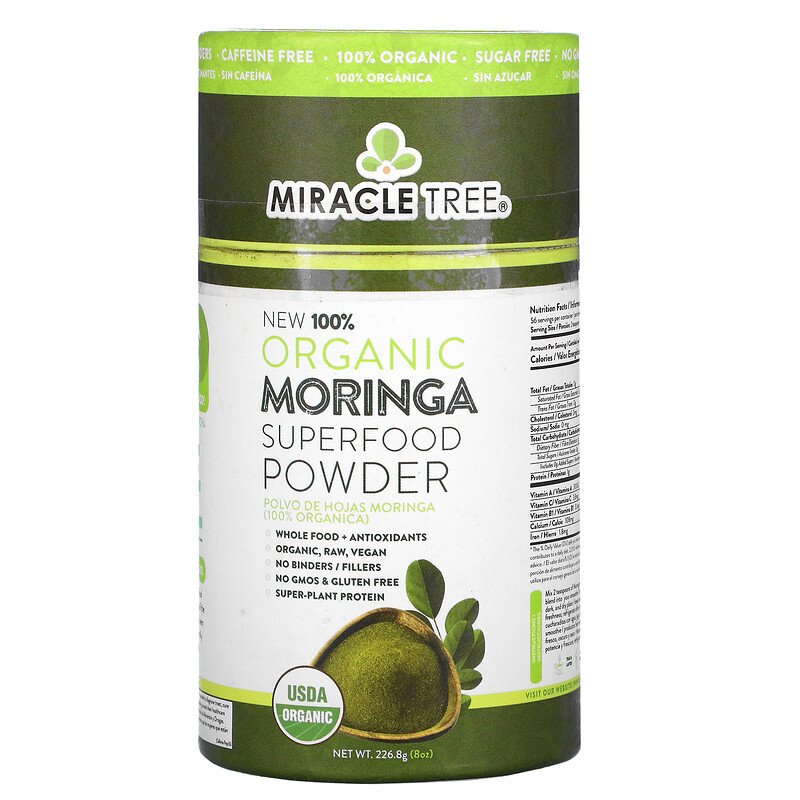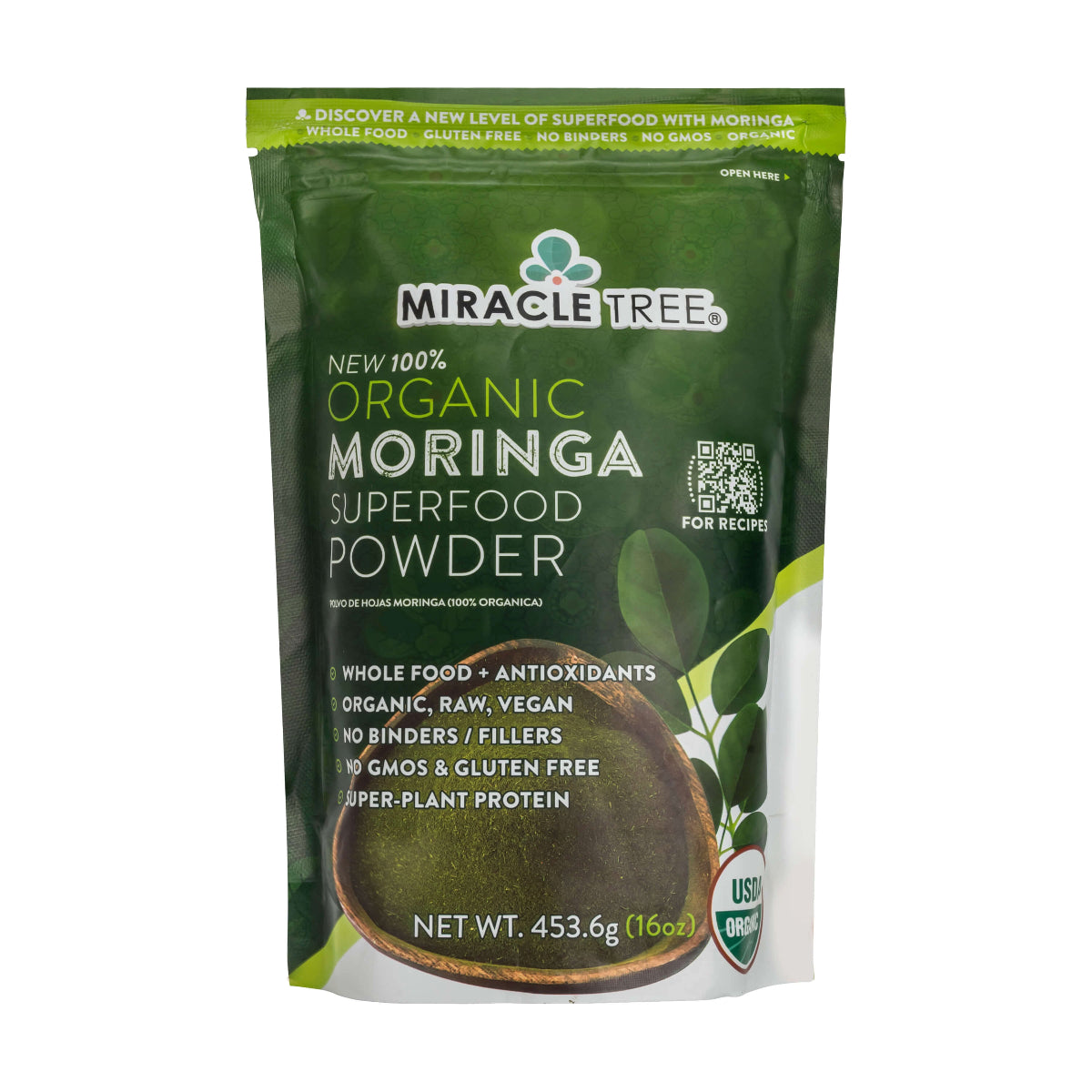This National IBS Awareness Month, learn how moringa may support a healthy gut microbiome and boost your digestive health.
National IBS Awareness Month, observed in April, aims to increase public knowledge of irritable bowel syndrome (IBS), a widespread gastrointestinal condition. But what is IBS, and how does it impact your digestive system?
What is irritable bowel syndrome?
Irritable bowel syndrome (IBS) is a common gastrointestinal disorder that affects millions of people worldwide. According to research conducted in 2021, 7 to 16 percent of Americans are affected by irritable bowel syndrome, or IBS, symptoms. It is a group of digestive symptoms that can include cramping in the abdomen, diarrhea, constipation, bloating and gas. Although the exact cause of IBS is unknown, it may be linked to an excessively sensitive colon or immune system.
How to improve the digestive system and combat IBS?
Although there is no proven treatment for IBS, some dietary and lifestyle adjustments may help manage its symptoms. This National IBS Awareness Month, we have brought an effective, all-natural solution for tackling IBS symptoms–the moringa plant. It is nutrient-dense and abundant in vitamins, minerals and antioxidants. Therefore, it may improve your digestive system and support a healthy gut microbiome.
Can moringa help alleviate IBS symptoms?
This National IBS Awareness Month, you must incorporate superfoods like moringa into your diet to manage IBS symptoms. Are you wondering how it helps your digestive system? Here are some ways moringa may improve your digestive system and support a healthy gut microbiome:
Reduces inflammation
According to experts, inflammation may contribute to a wide range of chronic diseases like metabolic syndrome, which includes type 2 diabetes, heart disease and obesity. Moringa has potent anti-inflammatory properties and may help alleviate symptoms such as abdominal pain and bloating. Incorporating moringa into your diet helps reduce the symptoms caused by inflammation. Moringa may effectively combat inflammation, largely due to the presence of its isothiocyanates.
Improves gut microbiome
Our entire health and well-being are greatly influenced by the gut microbiome, which is a group of microbes that live in our digestive tract. Digestion problems like IBS can be brought on by an imbalance in the gut microbiome. A healthy gut microbiome is encouraged by the presence of prebiotic fibers in moringa, which function as food for the good bacteria in our digestive system.
Improves digestion
This National IBS Awareness Month, incorporate moringa into your diet to strengthen your digestive system. Amylase, lipase, and protease, three digestive enzymes found in moringa, aid in the breakdown of food and promote better digestion. These enzymes may aid in the reduction of IBS-related symptoms like gas and bloating. The compounds found in moringa leaves may also help in promoting the secretion of stomach acid, which is crucial for the breakdown of protein.
Acts as a laxative
Constipation is one of the most common symptoms of IBS. If you are struggling with it, moringa may help because it is a natural laxative and encourages regular bowel movements. Additionally, high-fiber moringa leaves may soften stools and increase bowel regularity.
Moringa is a nutrient-dense superfood that has numerous health benefits, particularly for the digestive system. So, incorporate it into your diet this National IBS Awareness Month to reap its benefits.







